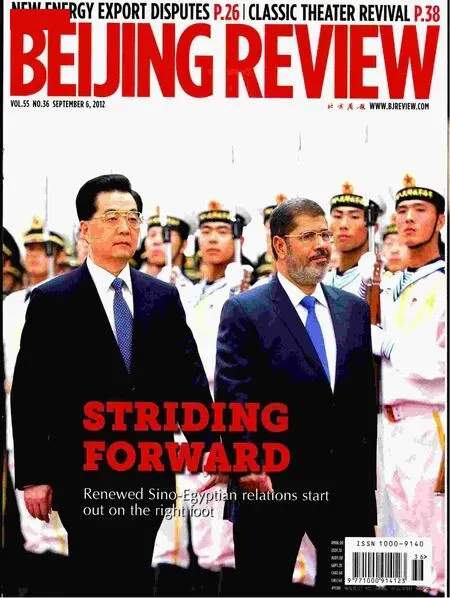THIS WEEK
THIS WEEK
“On the question of whether China is just extracting resources, I think this (accusation) is a little unfair. The United States should not take a moral high ground on resource extraction. We need to deal with the core issue to make sure there is transparency in the extraction of these resources.”
Mwangi Kimenyi, Director of the Africa Growth Initiative at the Brookings Institution, remarking on U.S. Secretary of State Hillary Clinton’s latest trip to Africa in a phone interview with Xinhua News Agency from Kenya on August 14
“The price war will serve as a trump card in the initial stage of expansion, but the model of sacrificing reasonable profits is not sustainable in the long run.”
Shi An, founder of Gootime Technology, a service provider in the IT industry based in Shanghai, commenting on the recent cut-throat price war between major Chinese online retailers on August 15
“If Japan’s Emperor wishes to visit South Korea, I think it would be good for him to sincerely apologize to those who died while fighting for independence.”
South Korean President Lee Myung Bak, remarking in Seoul on August 14, a day before the Liberation Day of South Korea
“The era of sitting in meditation by the light of an oil lamp is gone. We need to keep pace with the times. The Internet is a good tool with which to disseminate Buddhism.”
Master Yanzheng, a 27-year-old monk of the Shaolin Temple, a leading Buddhist monastery located in central China’s Henan Province, talking about his use of microblogs to communicate with followers in a recent interview with Xinhua News Agency
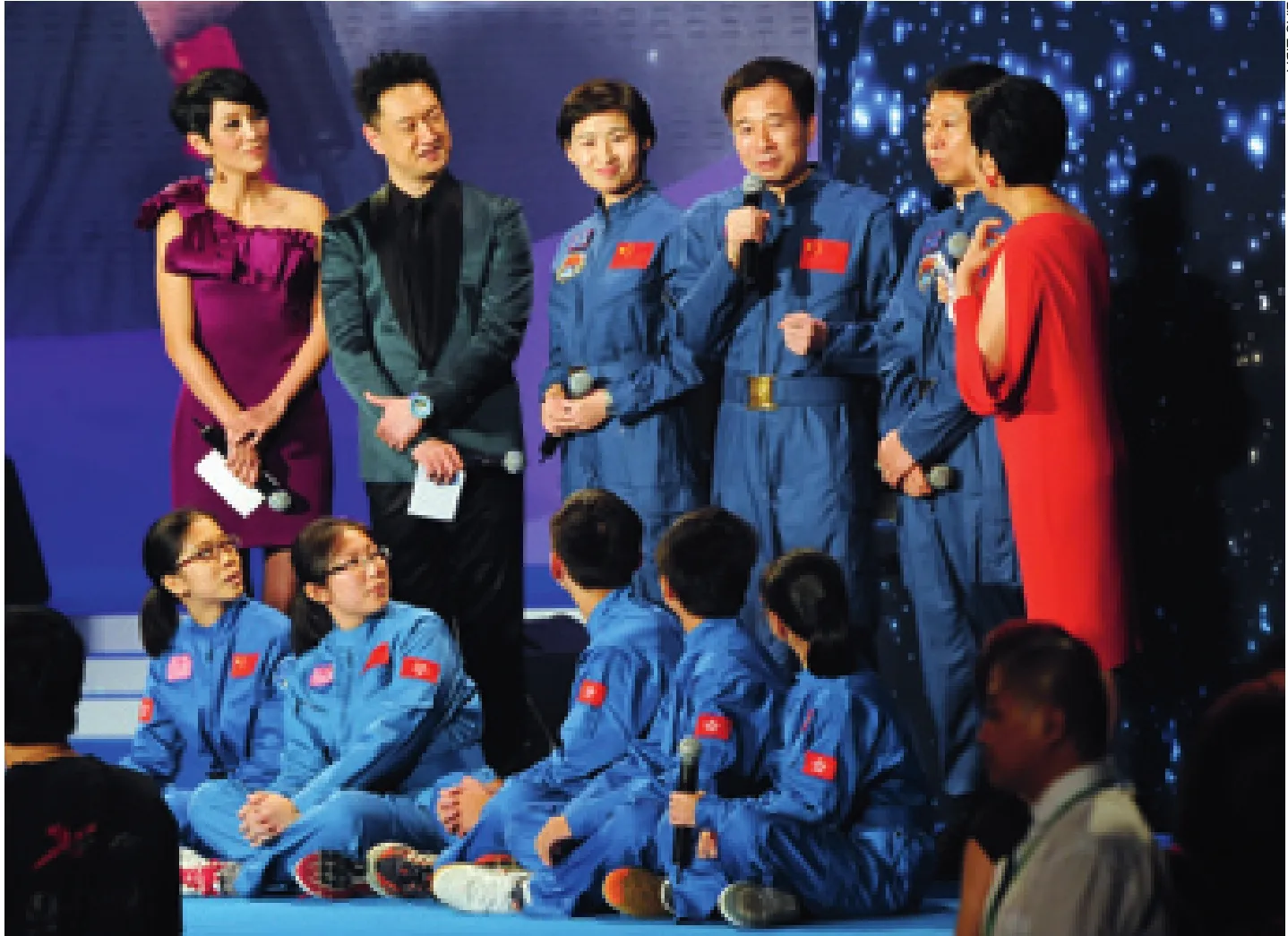
DOWN TO EARTH China’s Shenzhou-9 astronauts Jing Haipeng (third right back), Liu Wang (second right back) and Liu Yang (third left back), who successfully executed the country’s first manned space docking mission in June, speak to a group of Hong Kong middle school students who recently finished a young astronaut training camp on the mainland at the Hong Kong Convention and Exhibition Center on August 11
The Flagholder
Chinese athlete Xu Lijia, gold medalist in laser radial sailing, held China’s national flag at the closing ceremony of the London 2012 Olympic Games on August 12.
“This is the biggest inspiration for the sport of sailing,” said Xu. “I feel very honored to be the flagholder in the closing ceremony.”
Xu won gold in the sailing regatta with a total score of 35 points on August 6, the second gold ever in Chinese Olympic sailing history. It was the second Olympic medal for Xu, who won the bronze medal at the 2008 Beijing Olympics. The 25-year-old woman overcame great challenges on her journey to success. She was born nearly deaf in one ear and nearly blind in one eye. She started swimming at 4 and was chosen to train for sailing when she was 10.
In 1999, at the age of 12, Xu narrowly escaped death in a sudden storm while training on the open sea off the coast of southeast China’s Fujian Province.
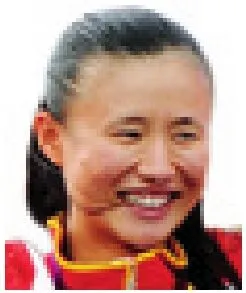

MEMORIAL SERVICE A group of Japanese mourn for victims in the Nanjing Massacre in Nanjing, Jiangsu Province, on August 15, where Japanese troops killed more than 300,000 Chinese during World War II
Party Delegates
A total of 2,270 delegates have been elected to attend the upcoming 18th National Congress of the Communist Party of China (CPC), according to an official statement released on August 13.
The delegates, who were elected from across the country from April to July when local CPC committees held their own congresses, will need to pass a qualification check to get final approval to attend the congress, according to the statement.
About 30.5 percent of the delegates are from the grassroots level, up 2.1 percent from the previous congress in 2007.
The average age of the delegates is 52, and 64.8 percent of the delegates are under age 55.
There are 114 delegates under 35, accounting for 5 percent of the total, 1.9 percentage points higher than the previous congress.
Female delegates account for 23 percent of the total and ethnic minorities make up 11 percent.
Food Safety
China will accelerate the pace of setting up national standards for food safety in order to safeguard the public, the Ministry of Health said on August 13.
The standards will be put in place by the end of 2015, said Su Zhi, director of the ministry’s Food Safety and Health Supervision Bureau, at a press conference.
According to Su, China will further improve the management mechanism of food safety and establish a normative and transparent working model.
The ministry will publish a report on the standards relating to more than 5,000 kinds of food, as well as revising the regulations on food pollutants and pathogenic bacteria, Su added.
Urban-Rural Gap
The ratio of income earned by urbanites to that of rural residents is about 5.2 in China, said a blue paper released by a major government think tank on August 14.
According toThe Urban Blue Book: China City Development Report No.5, published by the Chinese Academy of Social Sciences, the ratio of urbanites’ disposable income to rural residents’ net income reached 3.13 last year.
The income gap figure is about 26 percent higher than that of 1997 and 68 percent higher than that of 1985, the report said, adding that it far exceeded the urban-rural divide in many foreign countries.
The blue book also noted that the number of urbanites has surpassed the number of rural residents in China, with the urbanization rate reaching 51.27 percent, a significant change in the country’s social structure that ushers in an era of “city-based society.”

Gunman Hunt
A fugitive gunman who is suspected of killing 10 people was shot dead by police in southwest China’s Chongqing Municipality on August 14.
Zhou Kehua was gunned down by police in an alley in Tongjiaqiao Village, Shapingba District, where he was believed to have been hiding, at 6:50 a.m., according to the Chongqing Municipal Public Security Bureau.
Zhou allegedly shot one person dead and wounded two others in front of a local bank outlet on August 10.
Consequently, Chongqing launched an intensified manhunt for the 42-year-old man, who was described by local police authorities as “ruthless and highly dangerous.”
Drug Blacklist
Regulations calling for the blacklisting of manufacturers of unsafe medication will go into effect in October as part of nationwide efforts to enhance medical safety.
According to rules issued on August 15 by the State Food and Drug Administration (SFDA), information regarding the manufacturers and those found responsible for severe violations of relevant laws will be included in a blacklist that will be posted on government websites for public review.
The blacklist will include those involved in the production and sale of counterfeit or inferior drugs, as well as those who have produced uncertified medical equipment or who have caused accidents by producing substandard equipment, the regulations state.
The regulations also call for the revocation of licenses granted to companies on the blacklist, as well as a 10-year suspension of their operations.
The blacklist should appear in a conspicuous place on the websites of local drug safety regulators and should be maintained by designated personnel in a timely fashion, the regulations state, adding that major drug safety cases will also appear on the list.
China has launched several nationwide crackdowns on counterfeit drugs in recent years after major cases in which the use of the drugs resulted in deaths. The former director of the state food and drug regulatory body was executed in 2007 for abusing his position by approving lethal counterfeit medicine in exchange for money.
Dolphin Protection
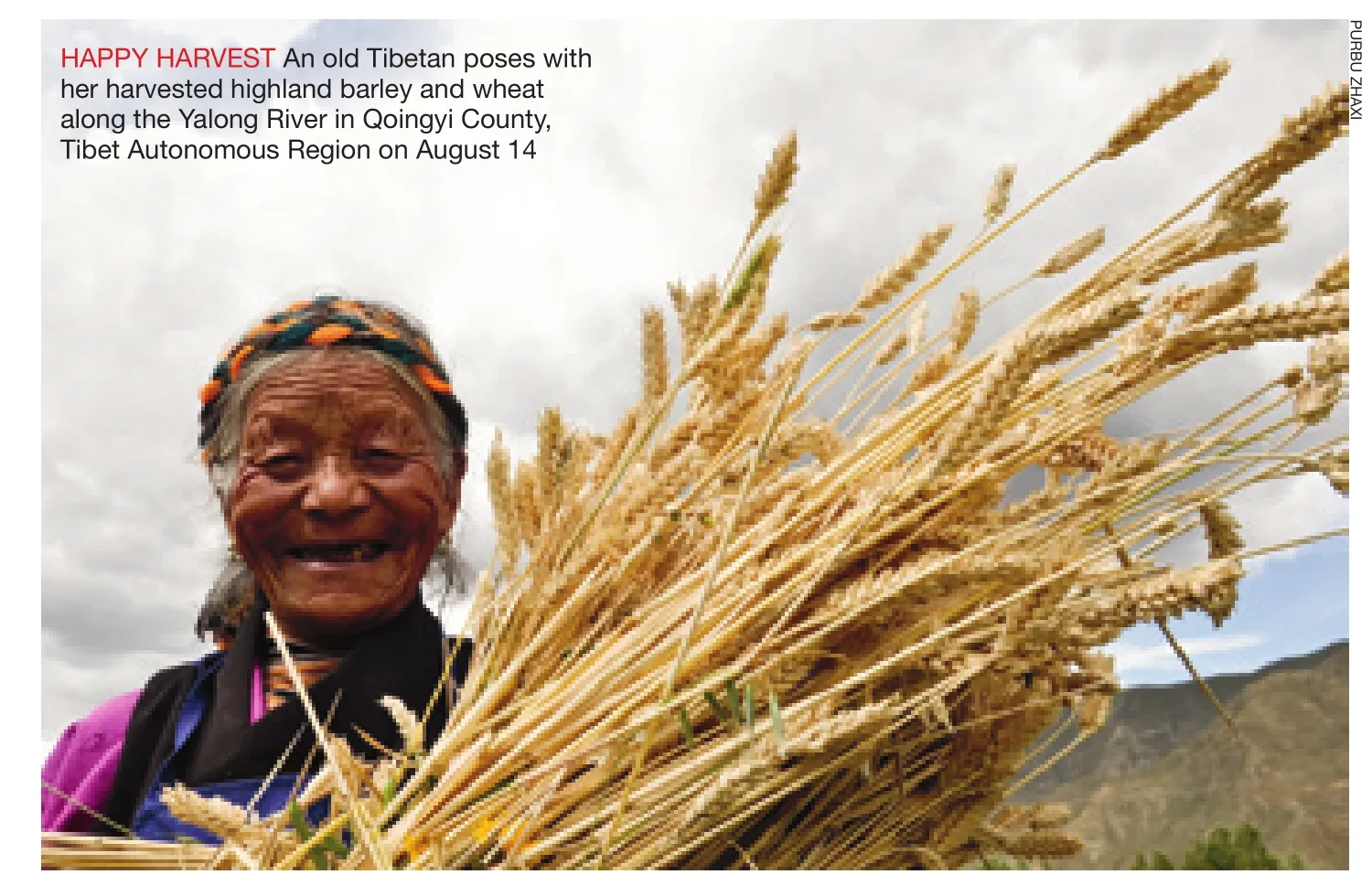
A research institute to protect rare endangered Chinese white dolphins has been set up in southwest China’s Guangxi Zhuang Autonomous Region.
The Guangxi Beibu Gulf Chinese White Dolphins Research Institute will focus on the protection of the Chinese white dolphin and other rare wild animals, as well as marine ecological monitoring and marine pollution prevention.
Known as the “maritime panda,” the Chinese white dolphin is the country’s most endangered marine animal and has first-class state protection in China.
The Chinese Academy of Fishery Sciences estimates that about 2,000 of the dolphins are living in China’s seas.
Anthrax Cases
Seven cases of cutaneous anthrax have been confirmed in northeast China’s Liaoning Province, local health authorities said on August 13.
A village in Liaozhong County where three cases were reported is under quarantine as a ban was placed on livestock and meat products entering or leaving its boundaries, the Liaoning Provincial Health Bureau said in a statement.
It said no fatal cases had been reported.
On the same day, a health ministry spokesman said in Beijing that two cases of cutaneous anthrax had been confirmed in Lianyungang in eastern Jiangsu Province.
“We will closely follow the development of these cases and make sure the disease is under control,” he pledged.
Forex Funds Down
China’s central bank said on August 14 that yuan funds outstanding for foreign exchange fell to 25.66 trillion yuan ($4.07 trillion) at the end of July. It was a drop of nearly 3.82 billion yuan ($606.35 million) month on month.
The dip was the result of the country’s shrinking export and foreign direct investment amid global economic woes. Trade surplus stood at $25.15 billion in July, far less than market expectations. Export growth edged up 1 percent in July from one year earlier, but fell 1.8 percent month on month.
The decrease in yuan funds outstanding for foreign exchange is also a strong indication of speculative capital flowing out of the country amid the sovereign debt crisis in Europe, the economic slowdown in the United States and rising expectation of a weaker yuan, analysts said.
China’s slowing economy has raised concerns over its growth prospects, and has to some extent accelerated the exodus of foreign capital from the country.
No Anti-dumping Duty
The Ministry of Commerce (MOFCOM) announced that it will end an anti-dumping tax levied on dichloromethane imported from the United Kingdom, the United States, the Netherlands, Germany and the Republic of Korea starting on August 15.
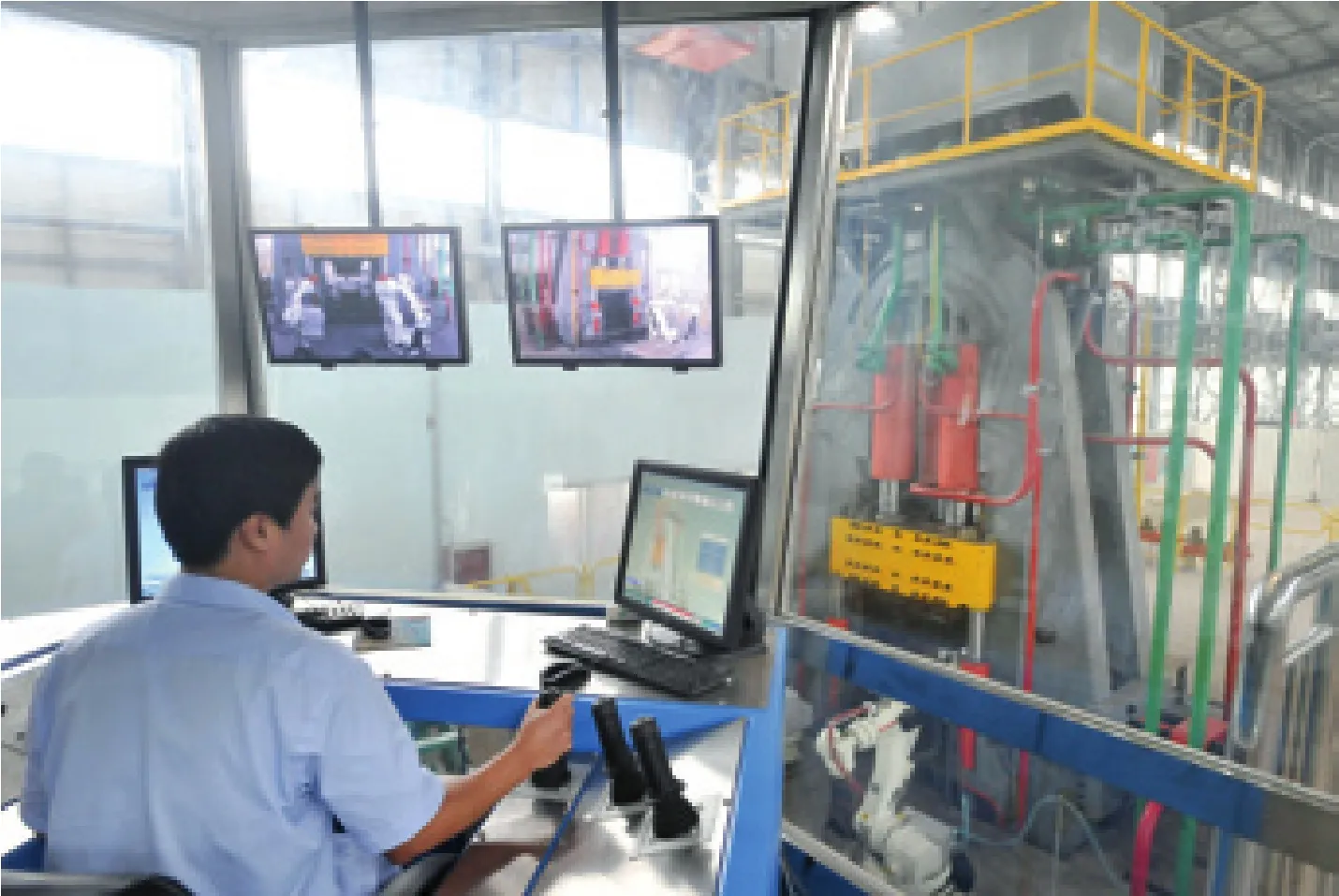
MORE EFFECTIVE A worker operates a multi-cored forging hydranic press in Tangshan Hi-tech Zone in north China’s Hebei Province on August 14. The assembly, with a capacity of 4,000 tons each year, is the first of its kind in China and is able to increase material utilization ratio by 30 percent
MOFCOM made the decision after domestic industries failed to submit review applications with evidence sufficiently showing that the imports could inflict damage upon them.
The ministry in February asked domestic industries to apply for a review on the case to decide whether to continue the anti-dumping duty that ends on August 15.
On August 16, 2001, the ministry began levying a five-year anti-dumping tax on dichloromethane, commonly used as an industrial solvent. The tax was renewed for another five years in 2007.
Oil-Gas Discovery
China National Offshore Oil Corp. (CNOOC) announced on August 14 that it has made a major discovery in the Bohai Sea, successfully appraising two wells in the sea’s Qinhuangdao 29-2 structure.
CNOOC said that it has discovered 218.4 meters of oil pay zones in the Qinhuangdao 29-2E-4 well, with a thickness of up to 133.7 meters.
The well is capable of producing 6,600 barrels of crude oil and 4.5 million cubic feet of natural gas per day.
The Qinhuangdao 29-2 structure is located in the central and northern part of Bohai, with an average depth of 27 meters.
NASDAQ De-listing
Focus Media Holding Ltd., a Chinese digital media company, is planning to de-list itself from NASDAQ in the largest ever such move.
The decision follows a series of attempted management buyouts of Chinese companies in recent months, many of which had seen their accounting practices questioned and their valuations take a hit as a result.
China’s top private equity funds, including FountainVest Partners Co. Ltd. and China Everbright Ltd., and the U.S. buyout fund Carlyle Group LP, are offering $3.5 billion to take Focus Media Holding Ltd. private and are working toward that goal with Jiang Nanchun, CEO of Focus Media.
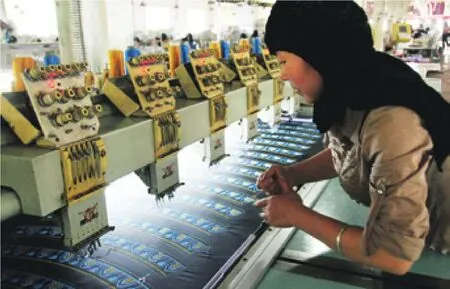
TAPPING WORLD MARKET A woman of the Salar ethnic minority group inspects products in Qinghai Yijia Ethnic Commodities Co. Ltd., the world’s largest manufacturer of Muslim products
Wal-Mart’s Stride
MOFCOM approved plans by Wal-Mart to increase its stake in a holding company of Chinese e-commerce website Yihaodian to 51.3 percent from 17.7 percent.
The deal was granted with restrictive conditions that will prevent Wal-Mart from entering China’s value-added telecommunications service market through Yihaodian’s business, which MOFCOM feared may impede market competition.
The transaction still needs further regulatory approval and has to meet other final conditions to be completed, said Christina Lee, senior director of Wal-Mart China’s corporate affairs.
If successful, the acquisition will allow Wal-Mart to gain control of China’s largest online supermarket and grab a bigger slice of the country’s booming online shopping market.
Canton Fair
The 112th China Import and Export Fair will be held from October 15 to November 4 this year, according to a press conference coorganized by the Consulate General of China in New York City and China Foreign Trade Center (CFTC) on August 14 in Manhattan, the United States.
The fair, also known as the Canton Fair, is held biannually in Guangzhou, capital of south China’s Guangdong Province, every spring and autumn. It has been held uninterruptedly since 1957. As the largest trade fair in China, it attracts over 200,000 buyers from more than 200 countries and regions in the world to participate annually.
“The upcoming fair will provide a unique platform for international commercial exchange, as well as sharing knowledge and information,” said Xu Bin, Deputy Director General of CFTC.
New Financial Head
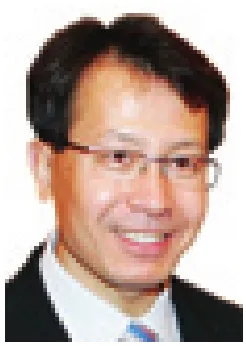
Chinese banker Cai Jinyong was announced as the new executive vice president and CEO of the International Finance Corp. (IFC), a member of the World Bank Group, on August 10.
Cai will become the first Chinese to take over the position in the history of IFC. Following Justin Yifu Lin, he is another Chinese finance professional to hold a senior position in the World Bank Group. His appointment will come into effect on October 1.
“I am pleased that a worldclass financial and development professional like Cai has decided to bring his considerable talent to the work of the IFC,” said World Bank Group President Jim Yong Kim.
Cai has more than 20 years of experience in the financial services industry and related development.
IFC is the largest global development institution focused exclusively on the private sector. It is dedicated to helping private sectors in developing countries achieve sustainable growth and reduce poverty for the betterment of people’s living
conditions.


